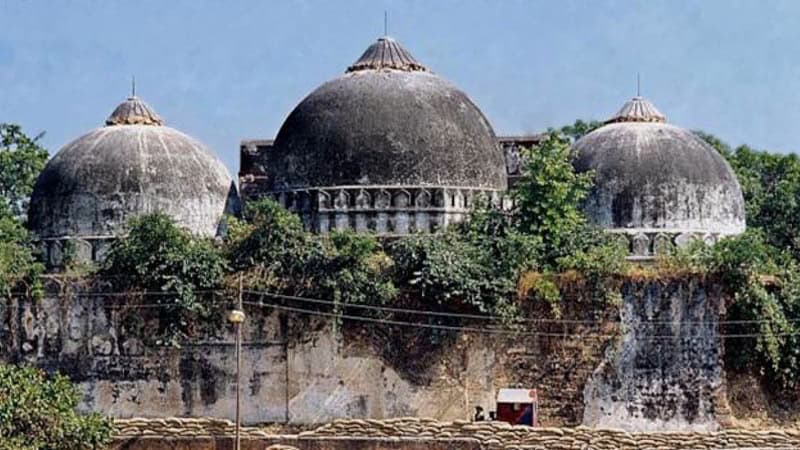New Delhi: The Supreme Court to hear the civil appeals filed by various parties challenging the 2010 Allahabad High Court verdict on the Ram Janmabhoomi-Babri Masjid title dispute on February 8 next year.
A bench comprising Chief Justice Dipak Misra and Justices Ashok Bhushan and S A Najeeb also asked the Advocates on Record of appeals to sit together and ensure that all the requisite documents are translated, filed and numbered before the apex court Registry.
In case of any problem, the counsel were directed to consult the Registry.
The bench took serious note of the submission of senior advocate Kapil Sibal, appearing for one of the parties, that the appeals be heard in July 2019 after completion of the next Lok Sabha polls as the atmosphere at present was not conducive.
Additional Solicitor General Tushar Mehta, appearing for the Uttar Pradesh government, vehemently opposed contentions that the pleadings were not complete and asserted that everything has been complied with and the cases were ripe for hearing.
A three-judge bench of the Allahabad High Court, in a 2:1 majority ruling, had ordered that the land be partitioned equally among three parties — the Sunni Waqf Board, the Nirmohi Akhara and the deity, Ram Lalla.
AIMPLB to meet from Feb 9 to discuss triple talaq, Ayodhya
The All India Muslim Personal Law Board (AIMPLB) would discuss its future course of action on key issues, including triple talaq and the Ayodhya dispute, when it meets here for three days from February 9.
AIMPLB chief Moulana Rabey Hasani Nadvi would preside over the meeting to be held at the Owaisi hospital here, said Rahemuddin Ansari, convener of the meeting’s reception committee.
He said that the issue of triple talaq would be discussed in the meeting.
The triple talaq bill, called The Muslim Women (Protection of Rights on Marriage) Bill, 2017, has already been passed in the Lok Sabha and is awaiting a nod from the Rajya Sabha.
Ansari said that the AIMPLB, in its meeting, would also discuss the Ayodhya issue, which would be heard in the Supreme Court from February 8.
Issues like “nikahnama” (marriage contract) and a proposal discouraging triple talaq (instant divorce) would also be discussed, Ansari added.

